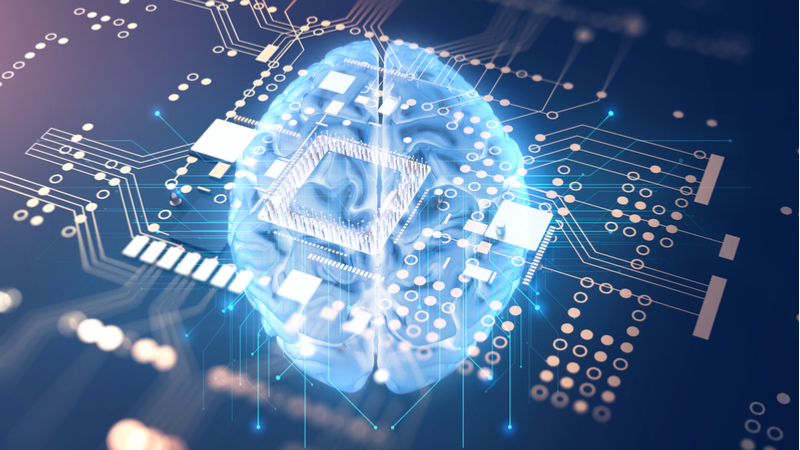
Sixty-four Federal agencies have experimented with artificial intelligence (AI) or machine learning (ML) techniques, a new report, submitted to the Administrative Conference of the United States, shows.
Nearly half (45 percent) of the 142 agencies canvassed adopted or experimented with some form of AI or ML, the report, Government by Algorithm: Artificial Intelligence in Federal Administrative Agencies, states.
“We are at the dawn of a revolution in how government uses AI to do its work,” said David Freeman Engstrom, professor at Stanford Law School and a lead author on the report.
The report shows that the most frequent use cases of AI in government are in law enforcement. Customs and Border Protection (CBP) has invested in facial recognition technology and risk prediction modeling.
“AI/ML tools may, as in CBP’s case, significantly expand an agency’s scope and reach and enable it to make agency operations more efficient and accurate,” the report states. “At the same time, such programs raise privacy and security risks and reveal basic tensions between the goals of law enforcement and agency transparency.”
